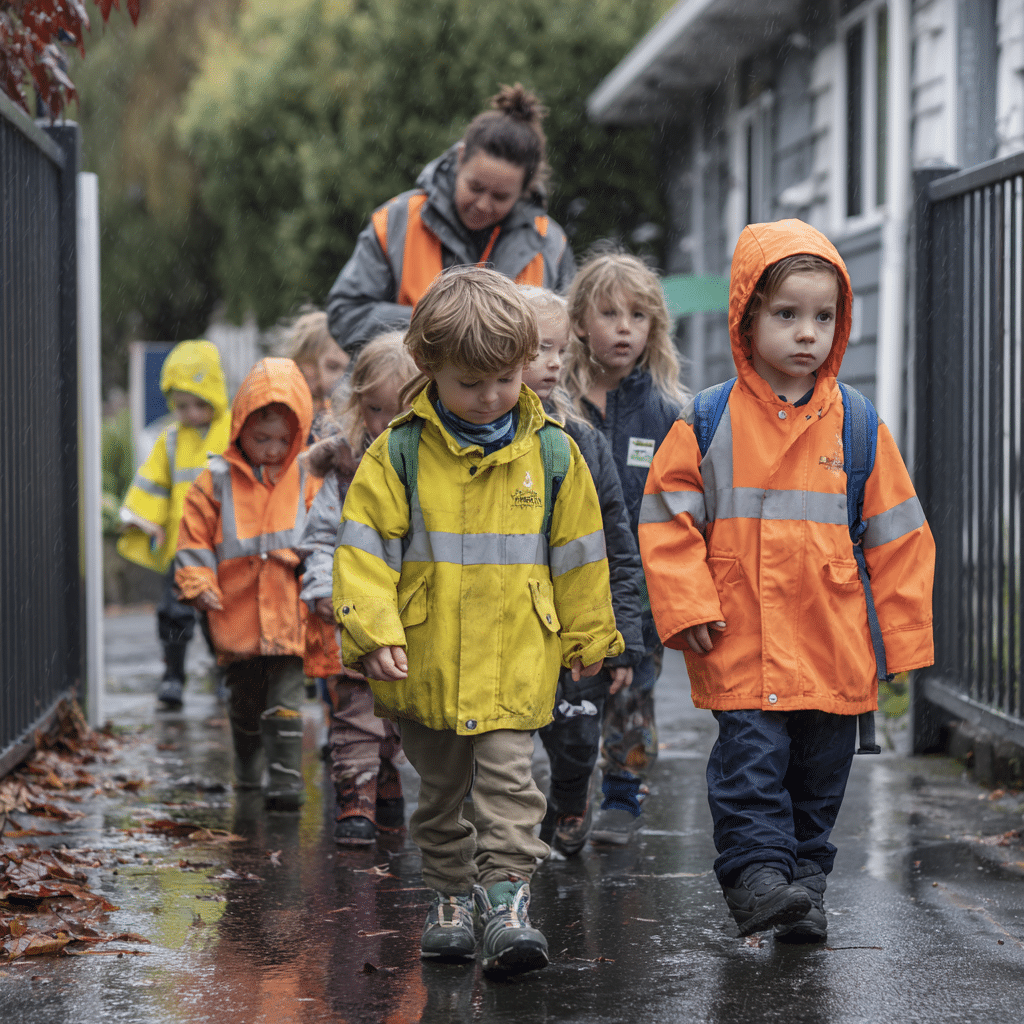Emergency Planning in Early Childhood Centres: Why It Matters
New Zealand’s unique environment makes emergency planning essential for every Early Childhood Education (ECE) centre. From earthquakes and floods to fires and severe storms, our country faces a wide range of natural hazards. ECE centres have a responsibility to ensure the safety and wellbeing of children and staff, no matter what challenges arise.
What Does the Law Require?
Emergency planning in ECE is not just best practice—it’s a legal requirement. Under the Education (Early Childhood Services) Regulations 2008, and specifically the Ministry of Education’s Licensing Criteria (HS7 and HS8), every centre must have a written emergency plan. This plan must cover evacuation procedures for a variety of emergencies, including fire, earthquake, tsunami, flood, and more. It must also include:
- A list of emergency supplies
- Roles and responsibilities during an emergency
- A communication plan for families and support services
- Evidence of regular review and practice drills
- Additionally, Fire and Emergency New Zealand regulations require all centres to have an approved fire evacuation scheme before a licence can be granted. Regular trial evacuations are mandated at least every three months and must be reported to authorities.
The Reality: Why Emergency Planning Can’t Be Ignored
New Zealand’s ECE sector has nearly 5,000 centres, many of which are located in areas prone to earthquakes, flooding, or severe weather. Recent events such as Cyclone Gabrielle and the Christchurch earthquakes have shown how quickly emergencies can escalate and disrupt education services. Research highlights that children under five are among the most vulnerable in emergencies, making robust planning even more critical.
Despite these requirements, ERO reviews have found that up to 24% of centres have not fully met regulatory standards in recent years, with emergency planning often cited as an area needing improvement. Inadequate plans have led to confusion, delayed evacuations, and, in rare cases, tragic outcomes.
Building Resilience
Effective emergency planning helps centres respond quickly and confidently, reducing risk and ensuring children’s safety. By meeting regulatory requirements and regularly reviewing your emergency procedures, you help build a safer, more resilient learning environment for everyone.
